New income eligibility in food assistance for working families
New income eligibility in food assistance for working families will fight poverty in Colorado allowing a small increase in income expected to help thousands
(Denver, July 30, 2018) – Changes to eligibility income levels for thousands of working families began recently in food assistance and are expected to provide an effective boost to Coloradans working their way out of poverty. The Colorado Department of Human Services is increasing the income cut off to 200 percent of the Federal Poverty Level in place of the previous 130 percent cut off. With the change, a family of two making just $33,000 a year will be eligible.
“We are thrilled to see this change because we believe that this small change will contribute greatly to ending hunger in our state,” said Jennifer Banyan, spokesperson for the Colorado Blueprint to End Hunger, a statewide effort to leverage and connect resources to ensure that no Coloradan is hungry. “When families are working their way out of poverty, the ability to receive even a small amount of help will make the difference between their success or failure and ultimately the health and wellbeing of all Coloradans.”
Currently, an estimated one in 10 Coloradans is hungry and an estimated one in six Colorado children don’t know where their next meal will come from meaning more than 580,000 Coloradans are hungry. Conversely, only about six of every 10 Coloradans eligible for food assistance are enrolled in the program. Today, the Supplemental Nutritional Assistance Program or SNAP, formerly food stamps, provides $1.40 per meal. This supplemental amount is key to food security, access to healthy foods, and ultimately economic security for low-income, working families. Today, about 455,000 Coloradans receive financial help to purchase food for their families. With the small change in eligibility, state leaders estimate a seven percent increase in the number of individuals using the program over the next five years.
“This change will bring stability and greater security to our most vulnerable individuals and families by making it less likely they will lose the help they need to continue on the path out of poverty,” said Ki’i Powell, the Director of the Office of Economic Security in the Colorado Department of Human Services. “We’re also confident that this change will benefit local human services departments that must process and reprocess applications because of the previously lower eligibility threshold.”
The lower eligibility threshold was a barrier to individuals and families effectively using the program because just $1 in additional income kicked individuals off the program, providing a strong disincentive to take overtime hours or additional days of work. The lower threshold was particularly difficult for low-wage workers in hourly or seasonal work as well as those working in jobs that provide a high gross but low net income. Additionally, areas of our state such as those living and working in resort areas have been particularly impacted because of the seasonal or occasional nature of the work in those areas.
The Colorado Blueprint to End Hunger is a five-year plan to end hunger for all Coloradans. It was developed, with funding from the Colorado Health Foundation, by individuals and organizations from across the state who are working on or experiencing hunger in their own homes and communities. To learn more, visit endhungerco.org.
Contact: Michele Ames
303-817-5510

